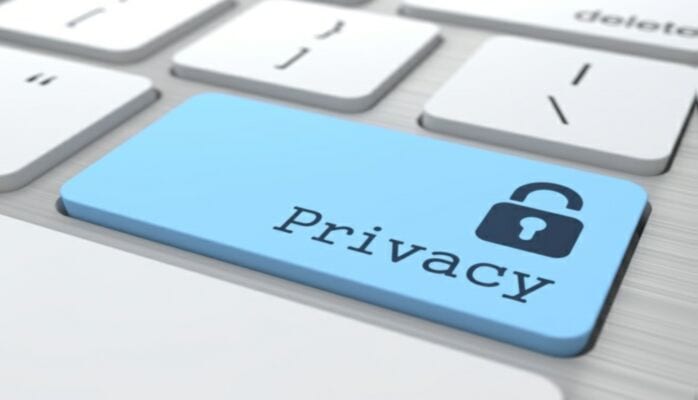6 Mistakes That Can Compromise Your Family’s Privacy Online
If you’re a privacy conscious person who wants to stay safe from hackers and snoopers, you need to protect all your information online. Did you know that your actions can endanger your family’s safety as well? Unsafe browsing habits don’t just pose a risk for you but also for your family.

6 Mistakes That Compromise Your Family’s Privacy Online
How to Protect Your Family’s Privacy Online
If you want you and your family to stay safe, make sure you don’t make these mistakes:
Linking Facebook to Other Services
There are many websites that will let you register easily just by clicking the “Login with Facebook” option. This increases convenience but when you sign in using Facebook, you allow that particular website to access your Facebook information. This includes basic information and photos (including the ones where you have been tagged by your friends). It is always safer to use your email address when you register a new account for the various websites you visit online.
Tagging Your Family and Friends
Similarly, when you tag your friends and family in your photos, other websites are able to access this information, which isn’t a safe thing. Besides, if all your accounts are linked together, there is a chance that if one is hacked, the others can easily be hacked as well. To make sure this doesn’t happen, sign in individually for each service instead of just logging through Facebook.
Sharing Information on Social Media
When you post pics of a family vacation on social media, you let others know that you are outside and there is no one home. While it’s always a nice idea to share pics on social media, these pics shouldn’t be posted in real time. So when you’re back from the vacation, you’re free to upload as many images as you want. Because when you post images in real time, you don’t just jeopardize your safety but also the safety of the people with you. When they’ll be tagged in your photos, people will be able to see who is traveling with you.
It’s a good idea to wait until you come back and then post pictures online. Also, make sure you don’t check into a location on Facebook because it will let others know that you’re not home. Turn off the location of your phone before posting anything online.
Not Clearing EXIF Data
There’s some metadata associated with each image. When you take the photograph and upload it online, it reflects a lot of personal information. While you might not know about the information that is being leaked, anyone with malicious intent can get hold of it.
Some metadata reflected by your photographs includes GPS coordinates, camera model, and the date of the picture, which means a hacker can easily know where you were and when. When you post something online, make sure you clear its EXIF data. It’s really easy to clear the data. On a Windows computer, right click on the file and select Properties. Now select Remove Properties and it will clear the checked EXIF parameters.
Allowing Apps to Access the Contact List
When you install an app, it requires certain permissions. Most of us just click on Accept. We think we’ve got nothing to hide so any app can just go ahead and use our data – we won’t mind. If you’re installing an app that will make calls for you, getting access to your contacts list makes sense. However, if a camera app needs to go through your phone book, there is no point in granting it the access. The app is most likely just trying to collect your data to track your information. Try to look at an alternative for that app. Also, keep a track of the apps your children are using and the rights and permissions they need for installation.
Not Using a VPN on your Computer or Phone
When you or your family members access the internet, any information that is going from your computer to the internet can be compromised. There might be a hacker sitting between your computer and the server you’re trying to access. To make sure your data is safe, you should use a VPN. If you have 3 people in your family, you should use a VPN that allows three simultaneous devices to connect through a single account. This way, you will not have to spend on 3 separate accounts. And if each member of your family accesses multiple devices, you can install the VPN on your router. With VPN on the router, all the devices connected to it through Wi-Fi will automatically be protected.
How to Protect Your Family’s Privacy Online – Final Thoughts
Using these methods, you can keep your family safe from hackers and other malicious entities that might harm you online. It takes just a few extra steps and maybe a couple of minutes extra. And the extra effort is worth it because it protects your online privacy.





